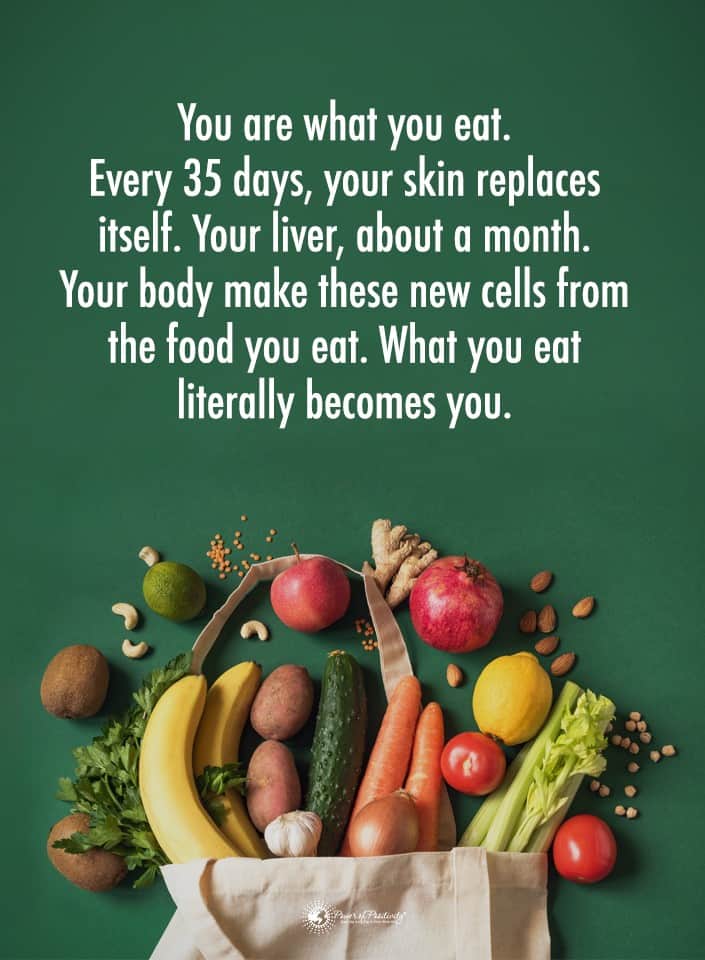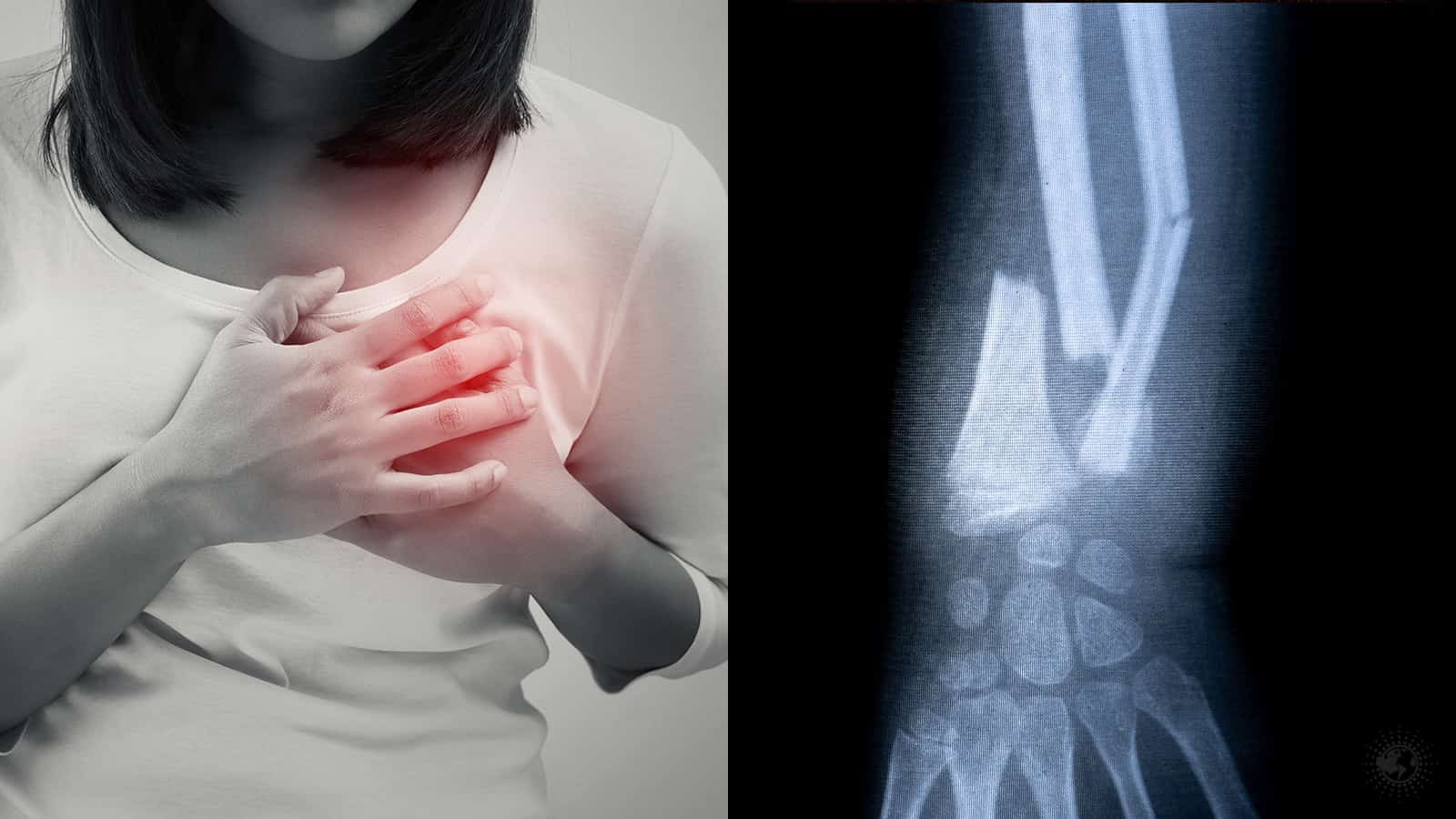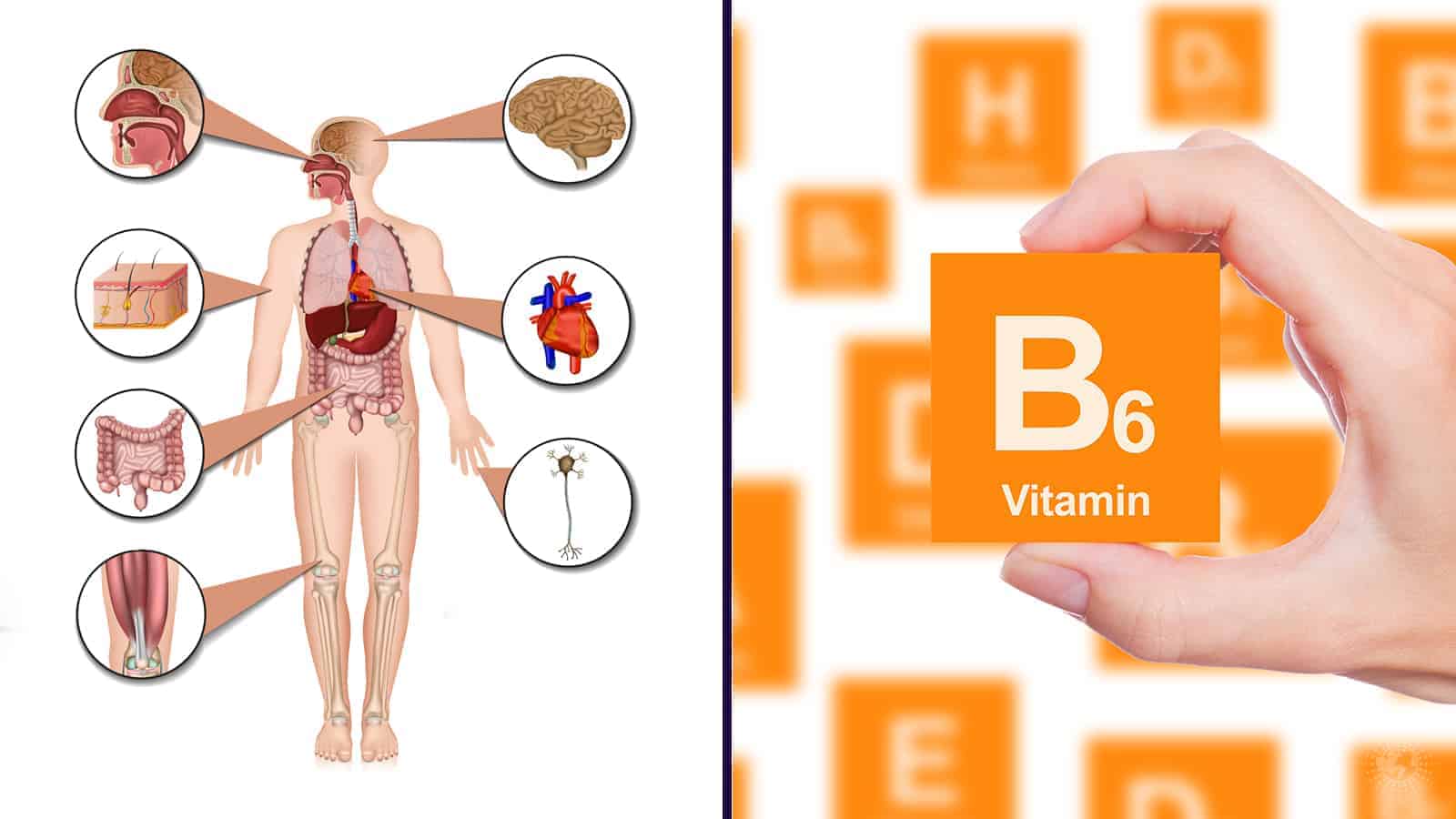symCalcium deficiency, or hypocalcemia in medical terms, is a condition that is exactly what the name says. Essentially it means that your body doesn’t have enough calcium to function properly.
The mineral calcium is stored in your bones and teeth, where it ensures your bones stay strong. Calcium can also help build your muscles. Without enough calcium, your bones will suffer as you age, and it can be difficult to maintain muscle mass at any age.
The effects are much greater than the two that were mentioned. In this article, science explains what happens to your body if you have a lingering shortage of calcium.
Causes of a Calcium Deficiency
Most people think that calcium deficiencies are caused by not drinking enough milk as a child. However, it can be a little more complicated than that. A calcium deficiency can be caused by any of the following, or any combination of the following:
- Not getting enough calcium from food or supplements
- Genetic factors
- Dietary intolerances
- Medications that can interfere with calcium absorption
- Hormones
- Certain diseases and conditions
The main reason is not getting enough calcium from what you eat, but it’s not that simple. As you can see, it’s not all about drinking milk or taking supplements. Indeed, it may not even stem from something you’re doing or not doing. There could be some other underlying reason for your calcium shortage, but either way, you still need to figure out a solution.
Symptoms of Calcium Deficiency
 According to the National Institue of Health’s Office of Dietary supplements, the symptoms of a calcium shortage can show up anywhere on your body. The symptoms can be physical, mental, or even emotional. They can appear in children, adults, older people, men, or women. They are all over the place.
According to the National Institue of Health’s Office of Dietary supplements, the symptoms of a calcium shortage can show up anywhere on your body. The symptoms can be physical, mental, or even emotional. They can appear in children, adults, older people, men, or women. They are all over the place.
In other words, they’re varied, random, and could easily be confused for some other condition. The good news is that if you alert your doctor to a combination of symptoms, your doctor knows what tests to run and should be able to catch a calcium deficiency. It can be corrected easily if detected early.
Minor Symptoms
- Numbness
- Tingling fingers
- Brittle nails
- Poor appetite
- Problems with swallowing
- Muscle cramps
- Fainting
Major Symptoms
- Dental problems
- Brain fog
- Confusion
- Anxiety
- Depression
- Hallucinations
- Seizures
- Growth/development delays
- Cardiovascular issues
- Thinning of the bones/bone fractures
- Blood won’t clot properly
Although some are labeled as minor, don’t think they aren’t consequential. All these symptoms can severely impact your quality of life. They can even affect your loved ones’ lives. Don’t wait until you’re experiencing significant symptoms to handle the problem.
If you’re experiencing any of these symptoms, make sure you tell your doctor so he/she can rule out a calcium deficiency. In many cases, calcium deficiencies are so easy to fix that there is no reason to deal with all that discomfort.
What Happens When Dealing with a Calcium Deficiency
At first, you may not notice any symptoms when you’re dealing with a calcium shortage. This lack of symptoms is because your body deals with the deficit by pulling calcium from your bones. This scenario is terrible – that’s how your bones get weak.
Weak bones are almost a guarantee with a long-term calcium shortage, but the other symptoms may or may not occur. Usually, people with underlying conditions are the ones who experience the other symptoms as their calcium levels continue to deplete. However, this isn’t an exact science, so that any sign could occur in anyone.
The body can’t make calcium on its own, so if you don’t ingest enough, the depletion will continue over time until it reaches critical levels. Critical levels mean that your bones are so weak that even a cough could cause a fracture. By the time this happens, it could be too late to reverse the damage.
Osteoporosis
This condition is a horrible disease to have. It’s characterized by fragile bones – so weak that doing everyday things could cause a fracture. It’s scary to live with osteoporosis, and it can be painful if you break your bones often.
The disease develops over many years. Here is a quick explanation of how it begins and develops.
When you’re young, your bones are strong and flexible. This is due to a mixture of calcium and collagen. Keeping this balance allows your bones to breakdown and regenerate like it’s supposed to, so that they stay healthy.
It’s important to note that 99% of the calcium in your body is in your bones. The other one percent is in your blood. Although it’s such a small amount in your blood, you still need it there. It aids in functions like making your nerves work, squeezing your muscles, and helping your heart to function.
When you’re dealing with a calcium deficiency, your body attempts to replace that one percent of missing calcium in your blood by pulling it from your bones. It takes a long time to pull the calcium from your bones, which is why you likely won’t notice what’s happening until your senior years. To make matters worse, your bones become less efficient at regeneration around age 30. As it does, your bones become more and more brittle. This is how the disease comes to fruition. If you don’t take care of the deficiency at this point, it will continue to get worse.
Osteopenia
Think of this as a lighter version of bone brittleness. It’s essentially the middle area between normal and total bone breakdown. However, don’t think of it as good or negligible. It’s an indicator that you have bone problems.
A bone density test can determine which disease you have. It’s determined by a scale of numbers. Scientists encourage people to worry less about the label of the disease and more about the numbers, called your T-score.
T-Score Chart
- Average bone density is -1 or higher.
- Osteopenia is -1 to -2.5.
- Osteoporosis is -2.5 and lower.
As you can see, if you go by labels, then a -2.4 would be considered as osteopenia, but it’s clear that it’s borderline between the two diseases. For this reason, you should do as scientists say and use the numbers over the labels.
Treatment Options for a Calcium Deficiency
When you’re young, the treatment when your body is short on calcium is to ingest more calcium. You can do that by eating more calcium-rich foods or by taking calcium supplements. This boost will fix the shortage and reverse any bone brittleness issues.
You must be careful not to take too many calcium supplements. When your body has too much calcium, you will begin to have health problems. Many of the health problems are the same as if you don’t have enough calcium. You can also experience excessive thirst, high blood pressure, abnormal heart rhythm, and more.
If you are a senior or you have other reasons for not being able to absorb calcium, treatment may require more effort. You may need to get regular calcium injections from your doctor.
Prevention of a Calcium Deficiency
The easiest way to avoid a deficiency problem is by getting enough calcium in the first place. There are plenty of foods besides milk that will provide you with a healthy dose of calcium. That’s great news for people who happen to be lactose intolerant. Here are a few foods with a fair amount of calcium:
- Sardines
- Dark, leafy green vegetables
- Soybeans
- Cheese
- Yogurt
- Almonds
- Chia Seeds
- Edamame
- Dried figs
You may see some foods that are fortified or enriched. This label means that nutrients such as calcium have been added to it. Examples are orange juice and whole wheat bread. These foods are also a great source of calcium.
It can be helpful to know exactly how much calcium you should be ingesting each day. According to the National Institutes of Health (NIH) Office of Dietary Supplements, these are the recommended amounts for male and females, by age group:
| Age | Male | Female |
|---|---|---|
| 0–6 months | 200 mg | 200 mg |
| 7-12 months | 260 mg | 260 mg |
| 1-3 years | 700 mg | 700 mg |
| 14-8 years | 1000 mg | 1000 mg |
| 9-18 years | 1300 mg | 1300 mg |
| 19-50 years | 1000 mg | 1000 mg |
| 51-70 years | 1000 mg | 1200 mg |
| 71+ years | 1200 mg | 1200 mg |
These numbers may seem a bit high, but if you make sure you’re eating a balanced diet each day with nutrient-dense foods, you should have no problem getting enough calcium. However, supplements can help if you are falling short.
 Final Thoughts on What Happens When You Have a Calcium Deficiency
Final Thoughts on What Happens When You Have a Calcium Deficiency
Having a deficiency in calcium is a severe problem. It’s a problem that can be easily corrected in most cases until you allow it to get to a point where the thinning of the bones is irreversible. The good news is that it takes decades for this to happen, so you have plenty of time to work on your calcium levels.
The best way to make sure your calcium levels are up to par is to get tested. Your doctor will be able to help you formulate a plan of action if needed. Hopefully, your calcium levels are sufficient, but at least you’ll know one way or the other before your bones suffer the consequences.


















